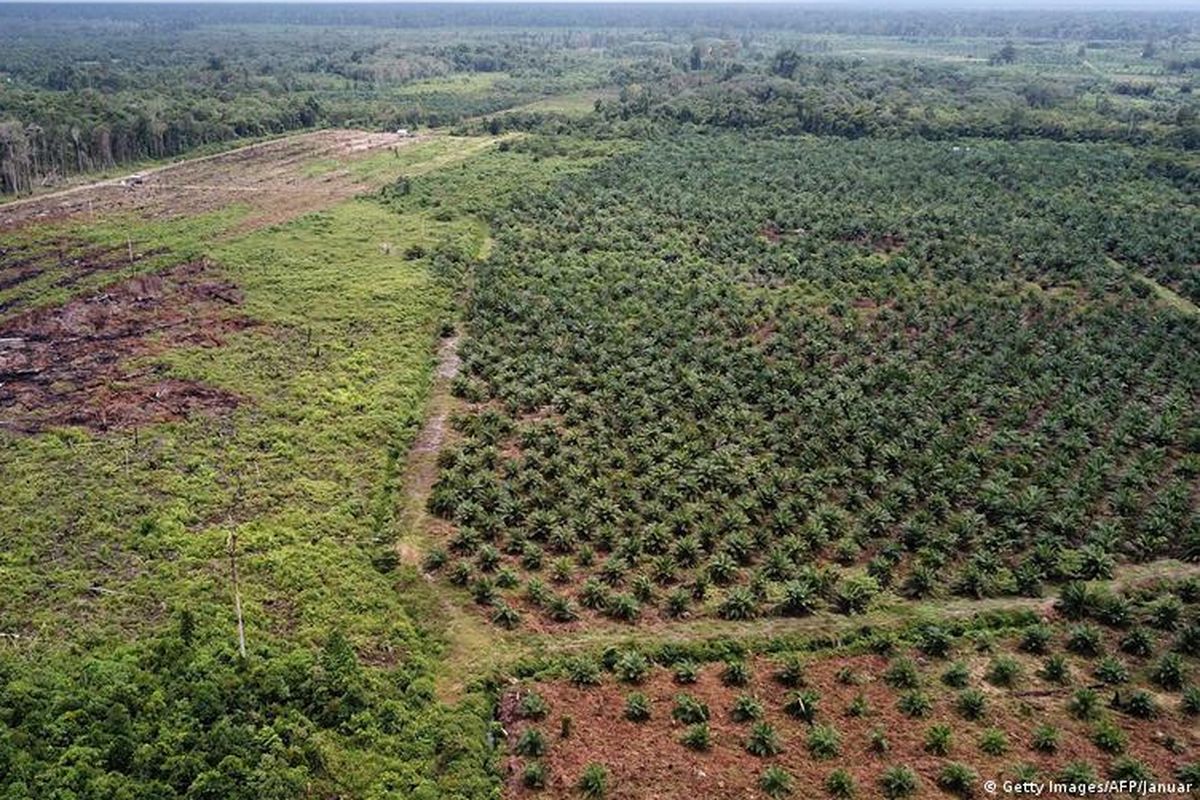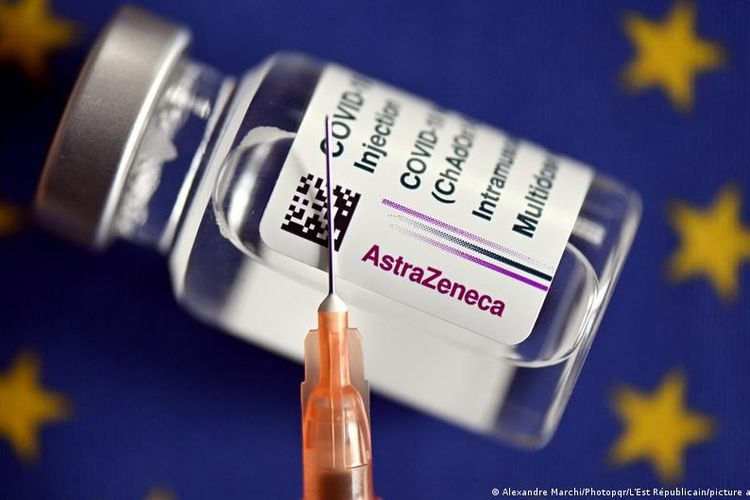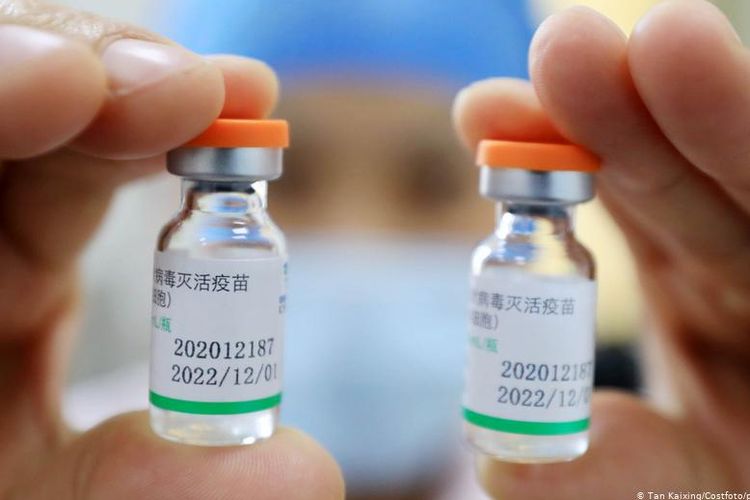
Brussels indicated this week that it expects to publish its own Indo-Pacific strategy within months.
The strategy will most likely include plans on how to enhance the bloc's reputation. The EU has long experienced what Driesmans late last year called a "visibility deficit" in Southeast Asia, with its economic and strategic influence overshadowed by the likes of China, the US and Japan.
For years, the EU has been the largest or second-largest trading partner of several ASEAN states, as well as the largest provider of development assistance to the region.
Despite this, the aforementioned State of Southeast Asia report found that only 1.3% of respondents thought the EU was a dominant economic power in the region, more than double the percentage from last year's survey but still a long way behind other major partners.
Good and bad publicity
As the EU's multilateral focus on vaccine support reduces its visibility in the region, Brussels' reputation has been harmed by negative publicity.
In late January, the WHO criticized Brussels after it imposed export controls on vaccines produced within the bloc, in a response to complaints at the time that drug maker AstraZeneca was not fulfilling its delivery obligations.
On February 1, Philippine President Rodrigo Duterte, who has a long history of pillorying the EU, blamed Brussels for the hold-up in international vaccine deliveries. "AstraZeneca was held hostage by the European Union," he said.
Also read: Indonesia Buys 100 Million Covid-19 Vaccines from AstraZeneca
The EU's position hasn't been helped by the fact that COVAX-provided vaccinations have gone to the region's three states that have axes to grind with the EU.
Brussels has been one of the loudest critics of Philippine President Duterte over his government's alleged human rights abuses, while last August the EU partially removed Cambodia's trade privileges as punishment for democratic deterioration in Phnom Penh.
Indonesia started a case against the EU at the World Trade Organization last year over Brussels' plans to phase out palm oil imports, which Jakarta claims is a protectionist measure.
As a result, the governments of the three Southeast Asian states that have been the first to benefit from the EU's funding of the COVAX initiative are among the least likely to publicly praise Brussels.
But Richard Heydarian, professorial chairholder in geopolitics at Polytechnic University of the Philippines, reckons that the EU's efforts may bear fruit later in the year, especially if it ramps up deliveries of vaccines, potentially in greater cooperation with the United States.
On March 12, the so-called Quad, an informal forum between the US, India, Japan and Australia, announced that they would provide around $1 billion to COVAX and additional vaccine deliveries to the Indo-Pacific.
"The fight is far from over," Heydarian told DW, adding that the EU "still has a lot of room for improvement and goodwill to build on because of its decades-long dedication to development" in the region.
Simak breaking news dan berita pilihan kami langsung di ponselmu. Pilih saluran andalanmu akses berita Kompas.com WhatsApp Channel : https://www.whatsapp.com/channel/0029VaFPbedBPzjZrk13HO3D. Pastikan kamu sudah install aplikasi WhatsApp ya.

































